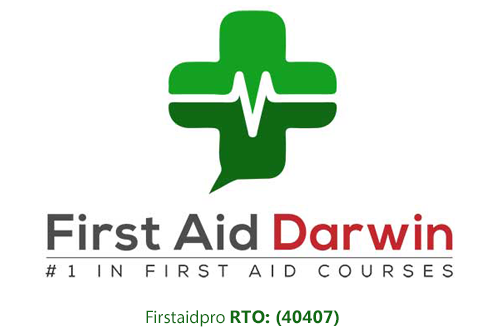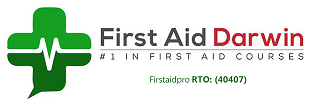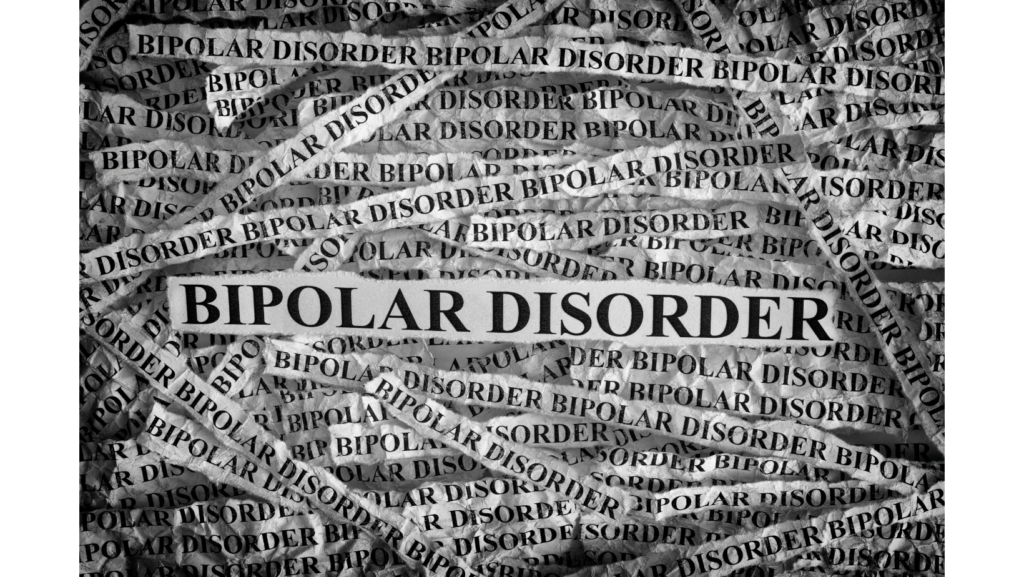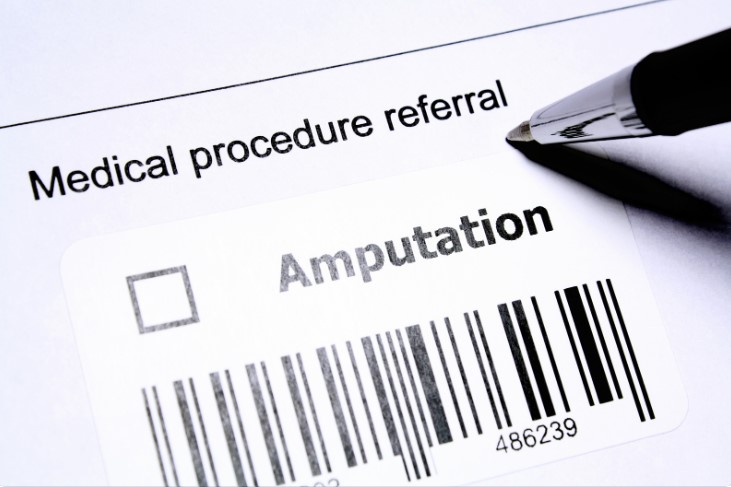Understanding Bipolar Disorder: Unusual shifts in mood best describe bipolar disorder. It is a condition in which a person experiences extreme highs and lows of emotions, making it difficult to carry out regular daily tasks. However, with the right support and proper treatment, people who have this condition can lead whole and happy lives.
What Is Bipolar Disorder
Bipolar disorder, formerly known as manic depressive illness, is a mental health disorder in which a person experiences periods of extreme mania or depression – hence the term “bipolar.” Over 598,000 people of the Australian population has this condition.
A person diagnosed with bipolar disorder may undergo intense shifts of emotions that are unusual from their everyday mood and behaviour. In the long run, the emotional changes can affect how they live their life.
People with bipolar disorder go through intense emotional changes that are very different from their
Signs And Symptoms
The symptoms of a bipolar mood disorder may affect each individual differently. It can vary in pattern, severity, and frequency.
Some people are more prone to signs of mania or depression, while others may alternate between the two types of bipolar disorder.
Manic Episode Symptoms
- Feeling unusually high energy or extreme agitation
- Euphoria or exaggeration in the sense of well-being and confidence
- Unable to sleep/Sleeping very little
- Rapid talking or unusual talkativeness
- Racing thoughts
- Poor decision-making due to lack of focus
- In severe cases: delusions and hallucinations
Major Depressive Episode Symptoms
- Low mood such as a feeling of sadness, emptiness, and tearful
- Loss of interest in things that brings enjoyment
- Feeling no pleasure in doing most activities
- Experiencing weight loss without dieting or sudden weight gain
- Decrease or increase in appetite
- Sleeping too much or too little (insomnia)
- Restlessness
- Fatigue or loss of energy
- Inability to concentrate or think clearly
- Suicidal thoughts, planning, or attempts
The first signs of bipolar mood disorder are often recognized during adolescence and early childhood. In some cases, the symptoms may be mistaken as some form of distress or rebellion. It is why most cases often go undiagnosed until adulthood.
Treatment
Managing bipolar disorder begins with proper treatment, and there is so much to know and consider when having this condition.
The following tips can help you manage the course of this illness, take greater control over symptoms, and quickly recover from any mood episode.
Know The Triggers And Early Warning Signs
Recognizing the warning signs of an upcoming manic or depressive episode is essential. To do that, make a list of early symptoms and known triggers from previous attacks. Try to define its causes or outside influences that may result in mania or depression.
Get Moving
Engaging in any physical activity can bring a positive impact on mood. It also helps reduce the number of episodes a person is having.
Try aerobic exercises that activate movement in the arm and leg area. Running, walking, swimming, dancing, and climbing can also improve brain health and nervous system function.
Manage Stress At A Healthy Level
Keep stress in check by managing high-pressure situations and maintaining a healthy work-life balance. Do relaxation techniques such as yoga exercises, deep breathing, and meditation.
Maintain Close Connections To Friends And Families
Having regular face to face contact with caring and supportive people can help calm the nervous system.
Get Educated
Learn everything about bipolar disorder. The more you know, the better you will be in helping yourself or others throughout recovery.
Conclusion
Bipolar disorder is not a one-time treatment thing. It is a chronic, relapsing illness that requires commitment and long-term treatment. Most people with this condition need medication to remain symptom-free and prevent episodes.
There is more treatment for bipolar mood disorder than medicine intake. Medication alone is sometimes not sufficient to fully control the symptoms.
The most effective treatment for bipolar disorder is a combination of therapy, changes in lifestyle, medicine prescriptions, and social support.
Learn more about bipolar disorder in a Mental Health First Aid course.
Get in touch with our team at First Aid Courses Darwin for more information.








